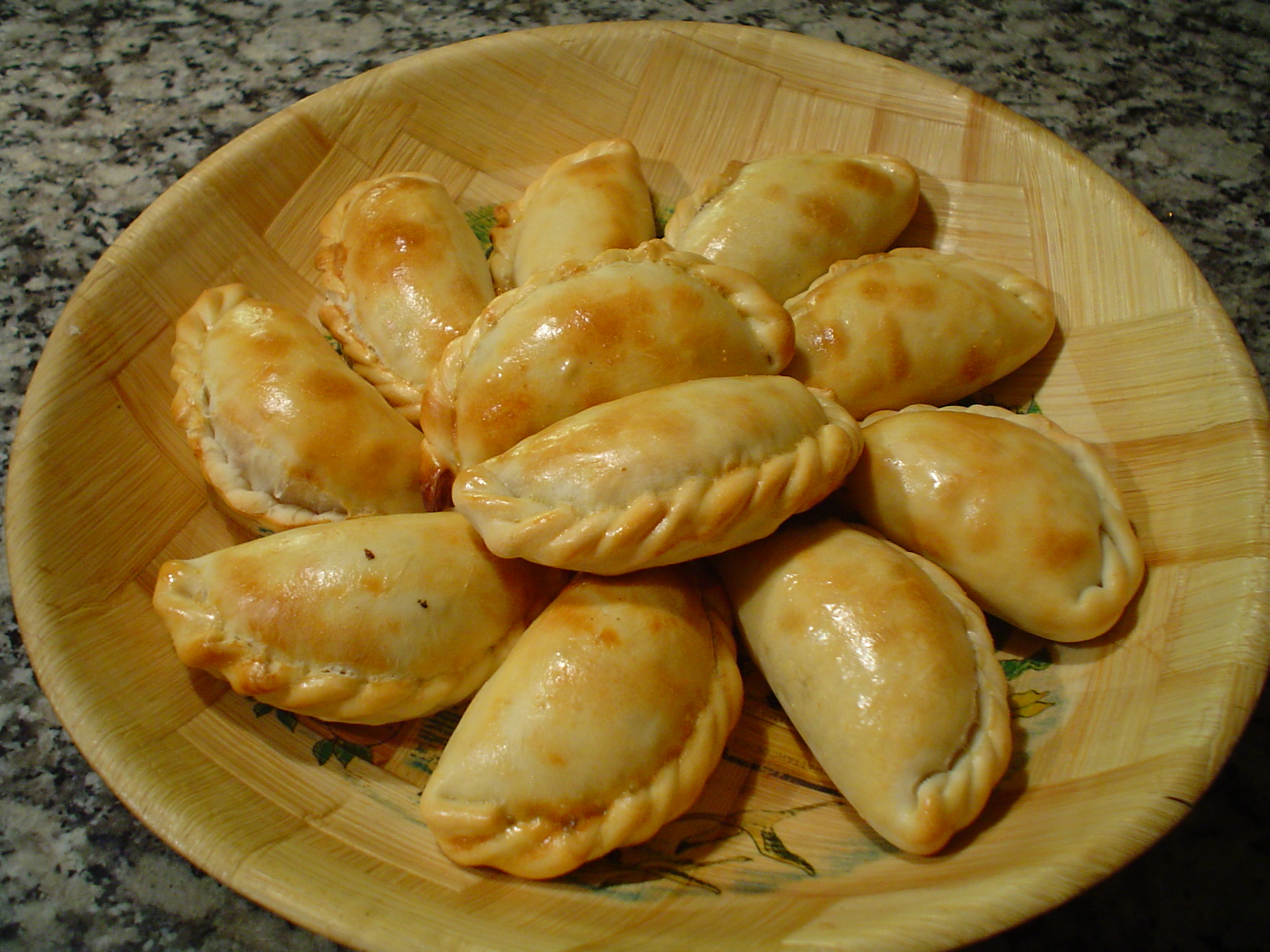warpus
Sommerswerd asked me to change this
Hmm according to some dictionaries pierogi is both singular and plural, which doesn't sound right to me at all.
Other dictionaries claim that Pierogi is singular and Pierogies is plural.
"A pierogi" just doesn't sound right either, though. None of the above sounds right. (but I am Polish and thus biased by the Polish language - singular in Polish is Pieróg and plural is Pierogi)
I've never ever heard anyone reference a singular Pierog before, in English, either. It's almost as if the word doesn't exist, but it's silly that a word wouldn't have a singular/plural counterpart, so the dictionary peeps had to make something up.
Are there any examples of a word in English having a plural version but not a singular? Aside from examples like "pants" or "glasses", which work the way they do because they're all examples of a thing made out of two smaller things.
Other dictionaries claim that Pierogi is singular and Pierogies is plural.
"A pierogi" just doesn't sound right either, though. None of the above sounds right. (but I am Polish and thus biased by the Polish language - singular in Polish is Pieróg and plural is Pierogi)
I've never ever heard anyone reference a singular Pierog before, in English, either. It's almost as if the word doesn't exist, but it's silly that a word wouldn't have a singular/plural counterpart, so the dictionary peeps had to make something up.
Are there any examples of a word in English having a plural version but not a singular? Aside from examples like "pants" or "glasses", which work the way they do because they're all examples of a thing made out of two smaller things.

 and further from Proto-Slavic *pirъ, "feast".[7] While dumplings as such are found throughout Eurasia, the specific name pierogi, with its Proto-Slavic root and its cognates in the West and East Slavic languages, including Russian пирог (pirog, "pie") and пирожки (pirozhki, "baked pastries"), shows the name's common Slavic origins
and further from Proto-Slavic *pirъ, "feast".[7] While dumplings as such are found throughout Eurasia, the specific name pierogi, with its Proto-Slavic root and its cognates in the West and East Slavic languages, including Russian пирог (pirog, "pie") and пирожки (pirozhki, "baked pastries"), shows the name's common Slavic origins


![Pissed [pissed] [pissed]](/images/smilies/pissed.gif) Don't use any curse words about pierogi!
Don't use any curse words about pierogi! 



